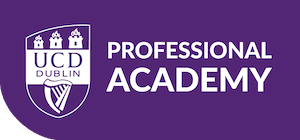Bookkeeping & Payroll – UCD Professional Academy Diploma

Discover the vital financial tasks that support every business: bookkeeping and payroll. Learn approaches and frameworks that will help you meet this challenging responsibility.
Develop the essential concepts, terminology, and legislation that frame this mission-critical role. Master essential bookkeeping practices, understand & create financial statements, and payroll management.

Upcoming Courses
-
February 25th - May 13th (EVENINGS: 12 Weeks - Every Wednesday)PART-TIME: Live Online Lectures
- €1,799.00 excl.
-
March 24th - June 9th (EVENINGS: 12 Weeks - Every Tuesday)PART-TIME: Live Online Lectures
- €1,799.00 excl.
Discover the vital financial tasks that support every business: bookkeeping and payroll. Master essential bookkeeping practices, understand & create financial statements, and payroll management.
To survive and thrive, a business requires accurate financial records and compliant employee remuneration. You will discover how these two elements are managed within the relevant Irish legal and tax frameworks. On the bookkeeping side, you will understand how to manage ledgers, balances, and statements (for example, financial and cash flow statements). On the payroll side, you will learn about PAYE, calculating tax credits, and setting up new employees.
Flexible Delivery Options
The course is available either online on demand or live online. Live Online delivery is part-time, over 12 weeks, with one three-hour session per week. Currently the course is only available on sessions from 6.30pm to 9.30pm. This would be suitable for busy professionals who have to complete the course out of normal working hours.
Study Options
On Demand
Begin today or tailor your learning to suit your schedule, at a pace that works best for you.
Live Online
The course is delivered in the evenings, 6.30pm – 9.30pm, usually over 12 weeks.
Bookkeeping and Payroll Course Modules

1.Bookkeeping & Payroll
2. Bookkeeping: Double Entry
3. Bookkeeping: Financial Statements
4. Bookkeeping: Financial Statements & Statements Of Cash Flow
5. Bookkeeping: Financial Reporting & Computerised Finance Systems
6. Bookkeeping: The Finance Function Of An Organisation
7. Payroll: Introduction
8. Payroll: The Payroll Process
9. Payroll: The Payroll Process
10. Payroll: Entering Employee Information
11. Payroll: Entering Payroll Information
12. Payroll: Computerised Payroll Process - Reports and Backup
Admission Requirements
- Learners must be 18 years or older.
- Previous training, study and/or professional experience in a related field is recommended.
- For non-native speakers of English, a language proficiency equivalent to IELTS 6.5 overall (or equivalent) is required.
Please note that all UCD Professional Academy courses are conducted in English. Prospective learners for whom English is not a native language are welcome to undertake Professional Academy courses. It is the responsibility of the learner that their proficiency in English is adequate for the course to participate and complete assignments successfully.
Disabilities
UCD Professional Academy welcomes learners with disabilities and makes every effort to provide facilities and support, where possible. We ask that learners who may need additional support or facilities during their course inform us at the time of application.
Code of Conduct
All staff and learners of the Academy are expected to abide by its Code of Conduct https://www.ucd.ie/professionalacademy/learner_handbook/ . In the case of serious breaches, learners may not be permitted to attend the remainder of their course, and no refund will be given.

